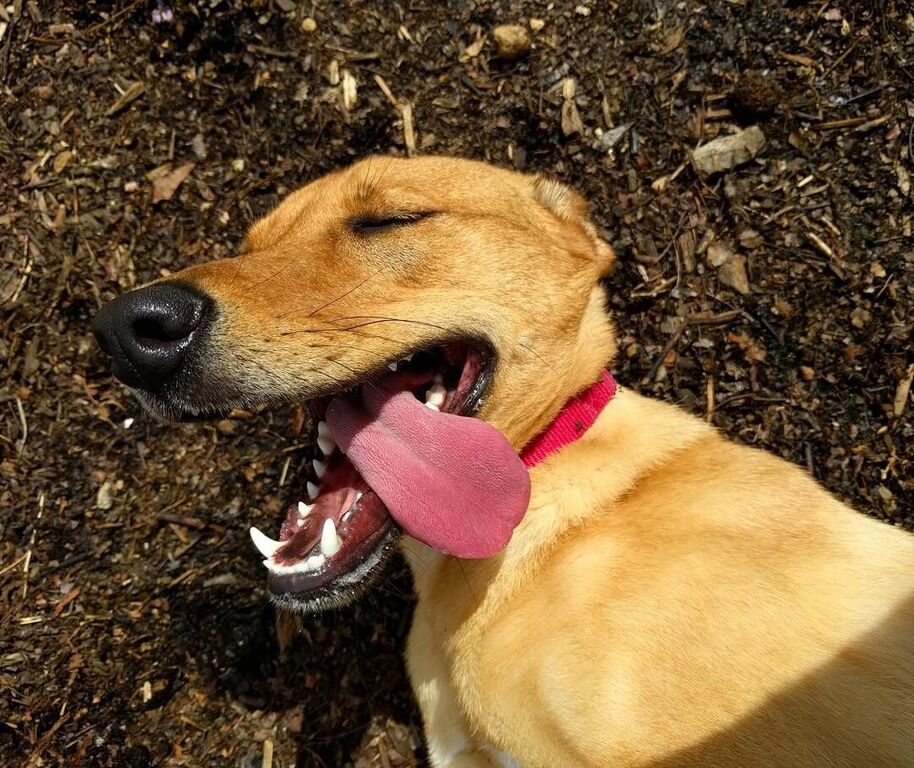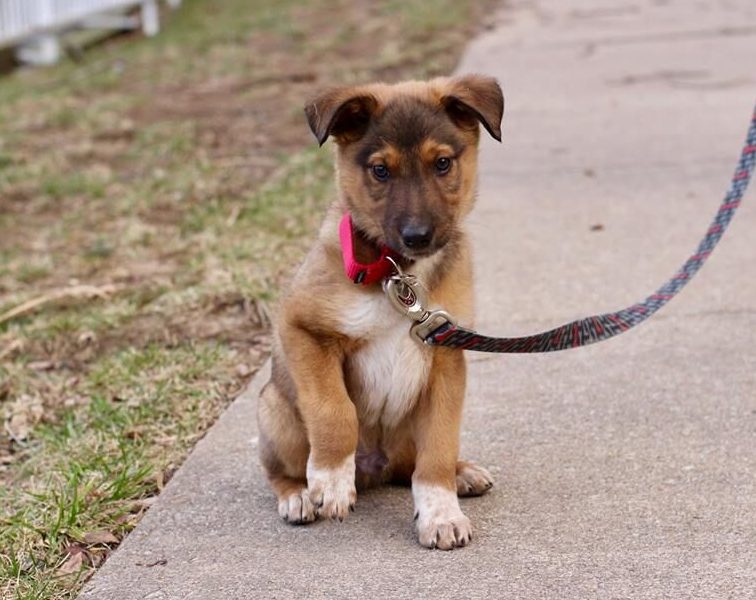 As summer heats up, it’s important to keep your pets safe and cool so they can enjoy the season too! How your pet responds to heat and humidity varies between species, breeds and individual animals. Our June 28 “How to Help Your Pet Beat the Heat” Speaker Series event featured Dr. Jerry Hinn, DVM of Vola Lawson Animal Guardian Hayfield Animal Hospital and Officer Yates of the AWLA’s Animal Services providing information and answering questions about what pet owners need to know to keep their pets cool in the summer. Here are a few tips to help your furry friend stay safe all summer long:
As summer heats up, it’s important to keep your pets safe and cool so they can enjoy the season too! How your pet responds to heat and humidity varies between species, breeds and individual animals. Our June 28 “How to Help Your Pet Beat the Heat” Speaker Series event featured Dr. Jerry Hinn, DVM of Vola Lawson Animal Guardian Hayfield Animal Hospital and Officer Yates of the AWLA’s Animal Services providing information and answering questions about what pet owners need to know to keep their pets cool in the summer. Here are a few tips to help your furry friend stay safe all summer long:
We’re Not All Built the Same
Dogs and cats have a very different thermostat from humans. What you think is just a little warm might be overwhelming for your animal companion and their built-in fur coat. Extreme heat can cause stress for animals, and they can become dehydrated much more quickly than humans.
Dogs vs. Cats
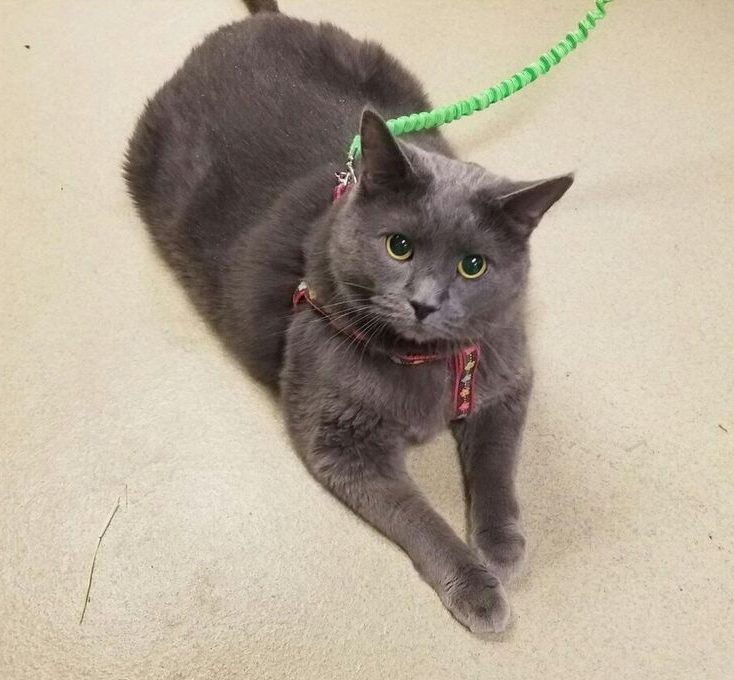 Dogs and cats regulate their body temperature differently. What is helpful for Fido might be harmful for Frisky. Dogs have sweat glands on the pads of their paws, but their main way to cool off is by panting. Dogs with shorter snouts cool off more slowly than other dogs because they aren’t able to circulate as much air. Dogs with especially thick fur coats might also benefit from a hair cut, but follow your vet’s guidance: extreme cuts or shaving can often make regulating body heat more difficult for dogs or lead to sunburn.
Dogs and cats regulate their body temperature differently. What is helpful for Fido might be harmful for Frisky. Dogs have sweat glands on the pads of their paws, but their main way to cool off is by panting. Dogs with shorter snouts cool off more slowly than other dogs because they aren’t able to circulate as much air. Dogs with especially thick fur coats might also benefit from a hair cut, but follow your vet’s guidance: extreme cuts or shaving can often make regulating body heat more difficult for dogs or lead to sunburn.
Cats, on the other paw, conserve energy with extra cat naps, seek out cool surfaces such as tile floors and groom themselves more to let evaporation cool them off. Cats’ fur coats are also designed to help them regulate their body temperature, so giving Felix a summer haircut might actually make it harder for him to keep cool.
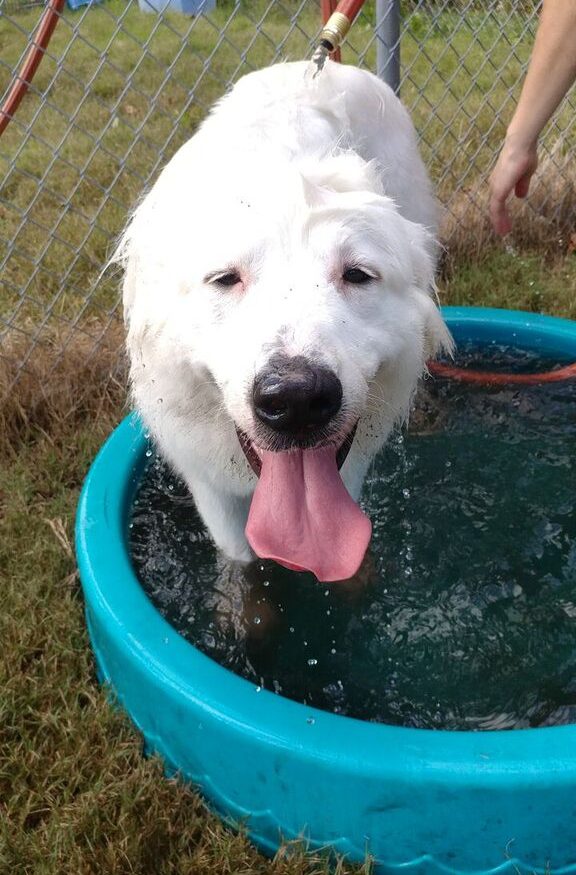 Exercise Smart
Exercise Smart
Going for a walk or on a trip to the park might be your dog’s favorite part of his daily routine, but it is important to adjust your exercise schedule to avoid the hottest parts of the day. Exercise early in the morning or later in the evening, and make sure shade and fresh water are always available. You can find portable water bottles that come with bowls attached for your pet at local pet stores to help your pet stay hydrated. When planning your route, make sure your dog can walk on grass or concrete because asphalt can quickly reach temperatures that will burn paws. If your pet enjoys spending time in your yard, make sure there are water bowls outside in a shady spot. If your pet looks tired, stop and let them rest before continuing.
Your Car’s Not Always Cooler
 When it is 70° outside, it only takes 30 minutes for a car to reach over 100° . When it is over 80° like most Virginia summer days, your car will exceed 100° in under 10 minutes. At these temperatures, your pet could suffer irreversible organ damage or die from heat stroke. In the City of Alexandria, it is against the law to leave your dog in your car if the outside temperature is more than 70° or the ambient temperature inside the car exceeds 80°. Law enforcement officers are permitted to use force to enter a vehicle if a pet inside seems to be suffering from heat stress. If your errands are not to pet-friendly locations, Fluffy will be happiest and safest left at home.
When it is 70° outside, it only takes 30 minutes for a car to reach over 100° . When it is over 80° like most Virginia summer days, your car will exceed 100° in under 10 minutes. At these temperatures, your pet could suffer irreversible organ damage or die from heat stroke. In the City of Alexandria, it is against the law to leave your dog in your car if the outside temperature is more than 70° or the ambient temperature inside the car exceeds 80°. Law enforcement officers are permitted to use force to enter a vehicle if a pet inside seems to be suffering from heat stress. If your errands are not to pet-friendly locations, Fluffy will be happiest and safest left at home.
More Ways to Stay Safe
By avoiding peak temperatures and giving your pet plenty of breaks and fresh water, it’s easy to make the most out of fun summer activities while making sure your pet stays cool! Be extra cautious on the first few hot days; pets can take time to acclimate to changing weather and are most susceptible when seasons are changing. Some dogs with lighter skin or bald spots will also benefit from pet-specific sunscreen. Fluffy won’t like licking people-sunscreen off his nose, so make sure you look for products specifically for pets. Dogs who enjoy wearing clothes can also wear reflective, cooling jackets and booties to protect their paws from hot surfaces. Cats benefit from extra brushing during the warmer months, which works with their coat’s natural regulation and helps prevent hairballs.
Watch for Warning Signs
Signs of heat stroke include excessive panting, collapse, convulsions, vomiting and/or diarrhea and blue or bright red gums. Watch for early signs like your pet becoming less responsive, glazed eyes, drooling or lack of coordination.
What to Do
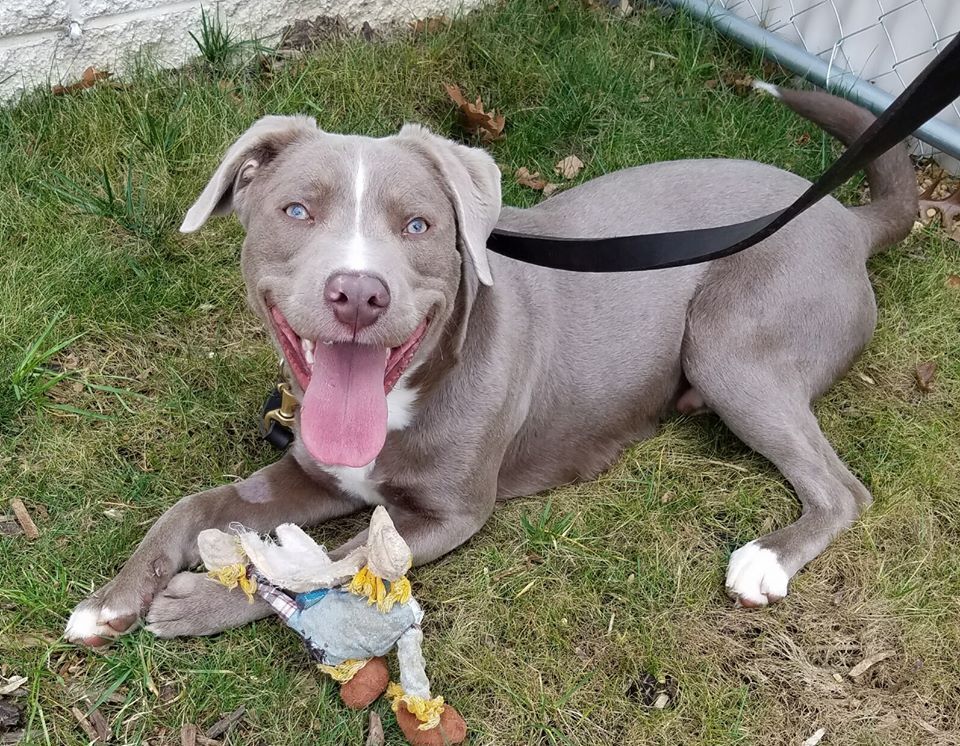 First, head to the closest veterinary hospital or emergency clinic; vets can provide cooling solutions and electrolytes to help your pet correct their temperature. Along the way, you can also put water on the underside of your pet’s neck and the belly. Do not use ice because this can cool too quickly and cause shock. Until you reach the vet, make sure you’re keeping you pet cool and giving them access to water if they want it.
First, head to the closest veterinary hospital or emergency clinic; vets can provide cooling solutions and electrolytes to help your pet correct their temperature. Along the way, you can also put water on the underside of your pet’s neck and the belly. Do not use ice because this can cool too quickly and cause shock. Until you reach the vet, make sure you’re keeping you pet cool and giving them access to water if they want it.
Other Summer Concerns
Summer means hiking, swimming and visiting new places. Always use preventative medication to protect your pets again fleas and ticks, especially in regions like Northern Virginia where these creatures can be prevalent. Even indoor pets can pick up unwanted friends from spending time around outdoor pets, so make sure everyone in your household is protected. If your pet is joining you for your pool party or at the lake, remember that not all dogs know how to swim. You can find more swimming safety information on our website, and ALWAYS supervise your pets around water.
When visiting new places or even in your back yard, keep an eye out for plants that are toxic to pets. The ASPCA has a full list HERE. And even though July 4 was last week, some people like to celebrate all season long! Make sure your pet is always wearing his or her identification in case a loud noise or new place causes them to run and become lost.
Looking for a handy way to remember the best ways to keep your pets safe this summer? Download our printable Summer Safety Infographic (View PDF).
With a few easy adjustments, everyone in your family can have a fun and safe summer!

